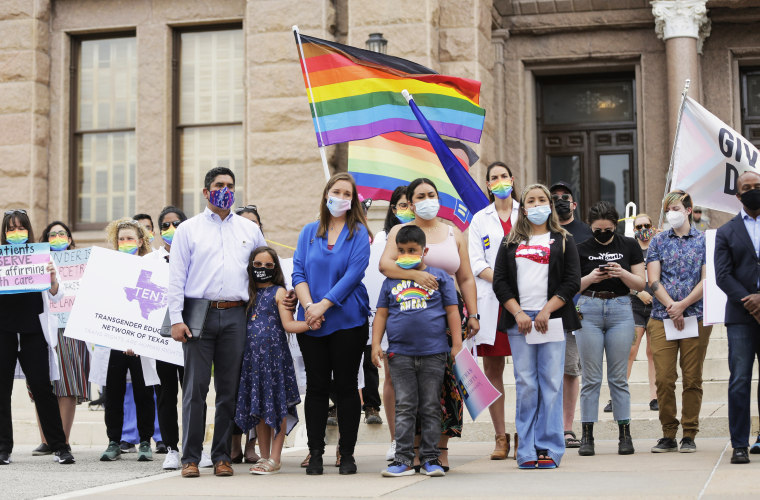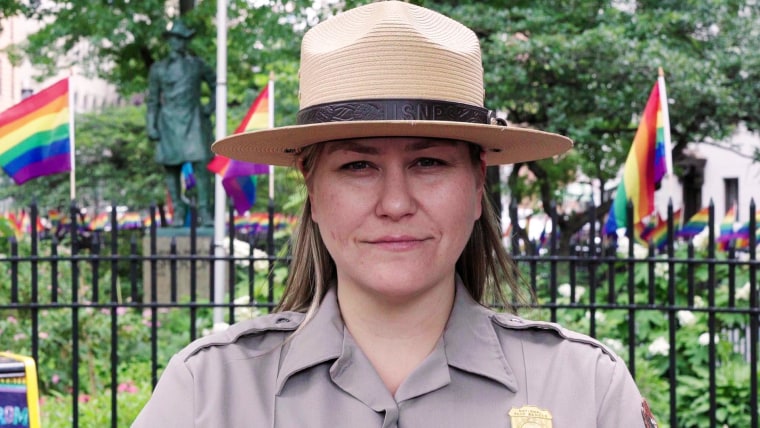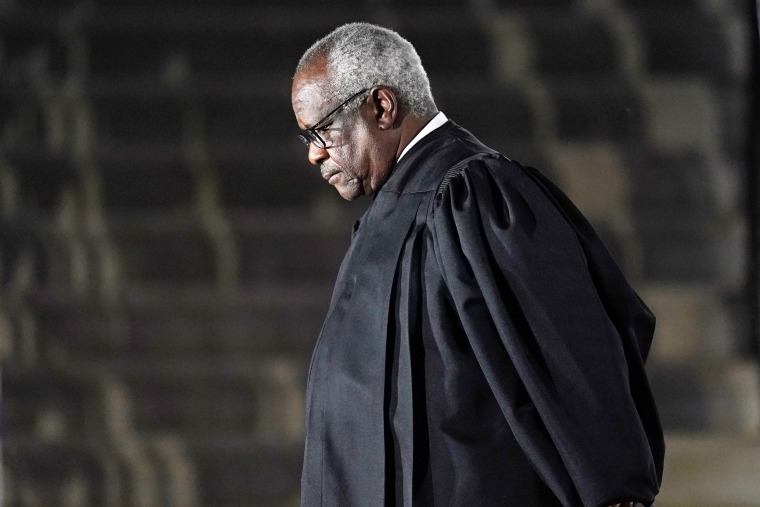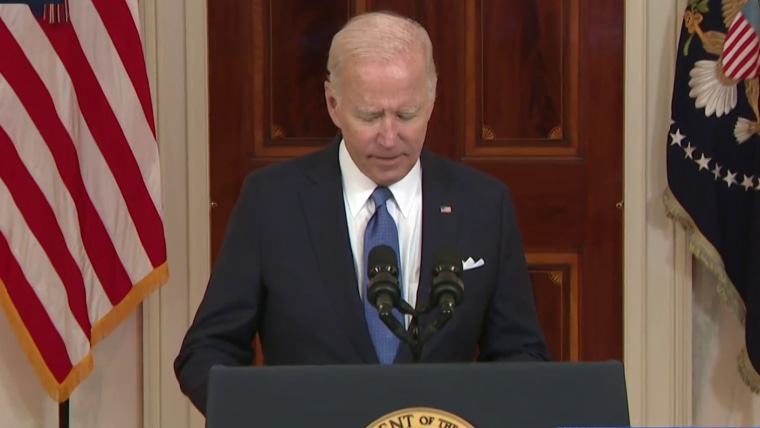Japan court rules same-sex marriage ban is not unconstitutional
A Japanese court ruled on Monday that a ban on same-sex marriage was not unconstitutional, dealing a setback to LGBTQ rights activists in the only Group of Seven nation that does not allow people of the same gender to marry.
The ruling dashes activists’ hopes of raising pressure on the central government to address the issue after a court in the city of Sapporo in March 2021 decided in favor of a claim that not allowing same-sex marriage was unconstitutional.
Three same-sex couples — two male, one female — had filed the case in a district court in Osaka, only the second to be heard on the issue in Japan.
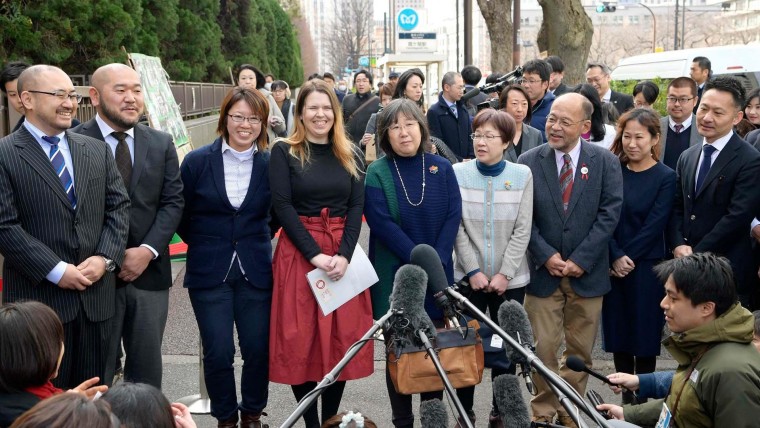
2019: Japan’s same-sex marriage ban challenged by multiple lawsuits
FEB. 14, 201901:08
In addition to rejecting their claim that being unable to marry was unconstitutional, the court threw out their demand for 1 million yen ($7,400) in damages for each couple.
“I actually wonder if the legal system in this country is really working,” said plaintiff Machi Sakata, who married her U.S.-citizen partner in the United States. The two are expecting a baby in August.
“I think there’s the possibility this ruling may really corner us,” Sakata said.
Japan’s constitution defines marriage as being based on “the mutual consent of both sexes.” But the introduction of partnership rights for same-sex couples in Tokyo last week, along with rising support in opinion polls, had raised the hopes of activists and lawyers for the Osaka case.
The Osaka court said that marriage was defined as being only between opposite genders and not enough debate on same-sex marriage had taken place in Japanese society.
“We emphasized in this case that we wanted same-sex couples to have access to the same things as regular couples,” said lawyer Akiyoshi Miwa, adding that they would appeal.
Economic implications
Japanese law is considered relatively liberal in some areas by Asian standards, but across the continent only Taiwan has legalized same-sex marriage.
Under current rules in Japan, members of same-sex couples are not allowed to legally marry, cannot inherit each other’s assets — such as a house they may have shared — and also have no parental rights over each other’s children.
Though partnership certificates issued by some municipalities help same-sex couples rent property together and have hospital visitation rights, they do not give them the full legal rights enjoyed by heterosexual couples.
Recommended

U.S. NEWSElon Musk’s daughter granted name and gender change

OUT HEALTH AND WELLNESSCDC recommends vaccine for gay, bisexual men amid Florida meningitis surge
Last week, the Tokyo prefectural government passed a bill to recognize same-sex partnership agreements, meaning local governments covering more than half of Japan’s population now offer such recognition.
While Prime Minister Fumio Kishida has said the issue needs to be carefully considered, his ruling Liberal Democratic Party has disclosed no plans to review the matter or propose legislation, though some senior party members favor reform.
An upcoming case in Tokyo will keep alive public debate on the issue, particularly in the capital, where an opinion poll by the local government late last year found some 70 percent of people were in favor of same-sex marriage.
Legalizing same-sex marriage would have far-reaching implications both socially and economically, activists say, and would help attract foreign firms to the world’s third-biggest economy.
“International firms are reviewing their Asian strategy and LGBTQ inclusivity is becoming a topic,” said Masa Yanagisawa, head of prime services at Goldman Sachs and a board member of the activist group Marriage for all Japan, speaking before the verdict.
“International businesses don’t want to invest in a location that isn’t LGBTQ-friendly.”
